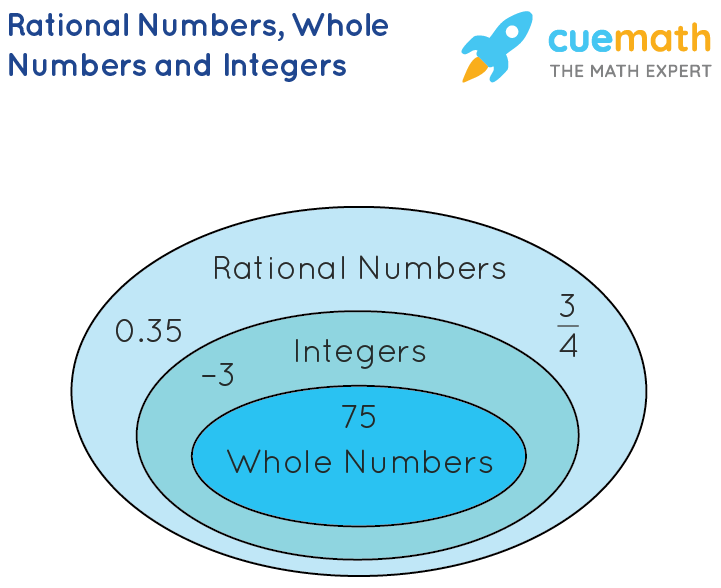this post was submitted on 04 Dec 2023
-27 points (24.5% liked)
Technology
58303 readers
17 users here now
This is a most excellent place for technology news and articles.
Our Rules
- Follow the lemmy.world rules.
- Only tech related content.
- Be excellent to each another!
- Mod approved content bots can post up to 10 articles per day.
- Threads asking for personal tech support may be deleted.
- Politics threads may be removed.
- No memes allowed as posts, OK to post as comments.
- Only approved bots from the list below, to ask if your bot can be added please contact us.
- Check for duplicates before posting, duplicates may be removed
Approved Bots
founded 1 year ago
MODERATORS
you are viewing a single comment's thread
view the rest of the comments
view the rest of the comments

If you want, you can view science as a system of organization. A way of making sense of facts. If I give you a file of seemingly random ones and zeroes, it is useless. If I give you an algorithm to decode those ones and zeroes into a message, that has utility. However, somebody else could produce an algorithm to decode those same ones and zeroes into an entirely different message. So, which algorithm is correct? Neither.
But say I give you another file, and Algorithm B doesn't produce anything useful for this message, so now Algorithm A is more useful. But I also provide a new Algorithm C which also finds messages in both files. Now which is more correct, A or C? And on and on. We continue to refine our models of the data, and we hope that those models will have predictive utility until proven otherwise, but it is always possible (in fact, almost guaranteed) that there is a model of the universe that is more accurate than the one we have.
Consider the utility of a map. A map is an obviously useful thing, but it is also incomplete. A perfect map, a "true" map, would perfectly reproduce every single minute detail of the thing it is mapping. But to do so, it would need to be built at the same scale as the thing it is mapping, which would be far too cumbersome to actually use as, you know, a map. So, we abstract details to identify patterns to maximize utility. Science, likewise, is a tool of prediction, which is useful, but is also not true, because our model of the universe can never be complete.